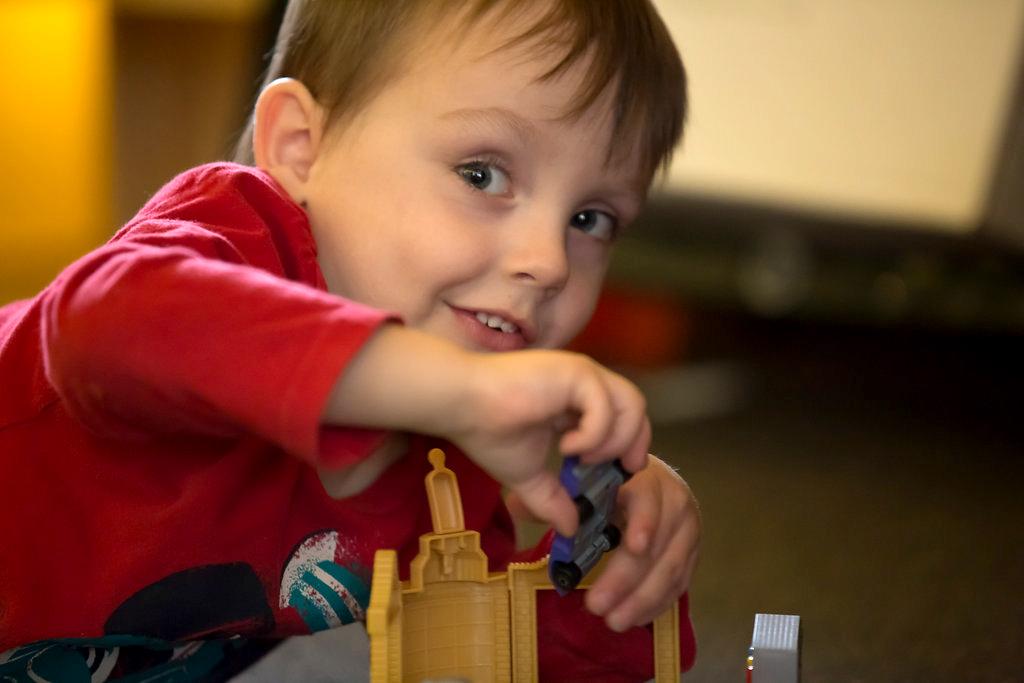Autism has become so overdiagnosed that in the coming years, it will grow more and more difficult to differentiate between people who have the disorder and people who don’t, a new study suggests.
Published Aug. 21 in JAMA Psychiatry, the review analyzed a total of 11 previously published studies on autism that dated all the way back to 1966. By using the medical search engine PubMed, researchers were able to gather data from past studies that “investigated group-level differences between individuals with autism and control groups,” and included important information on effect size and sample size.




